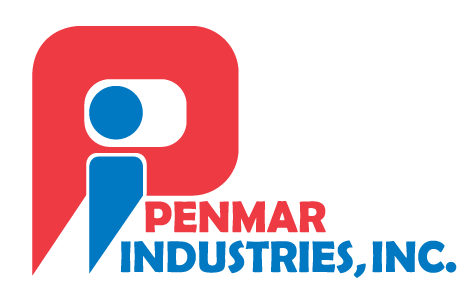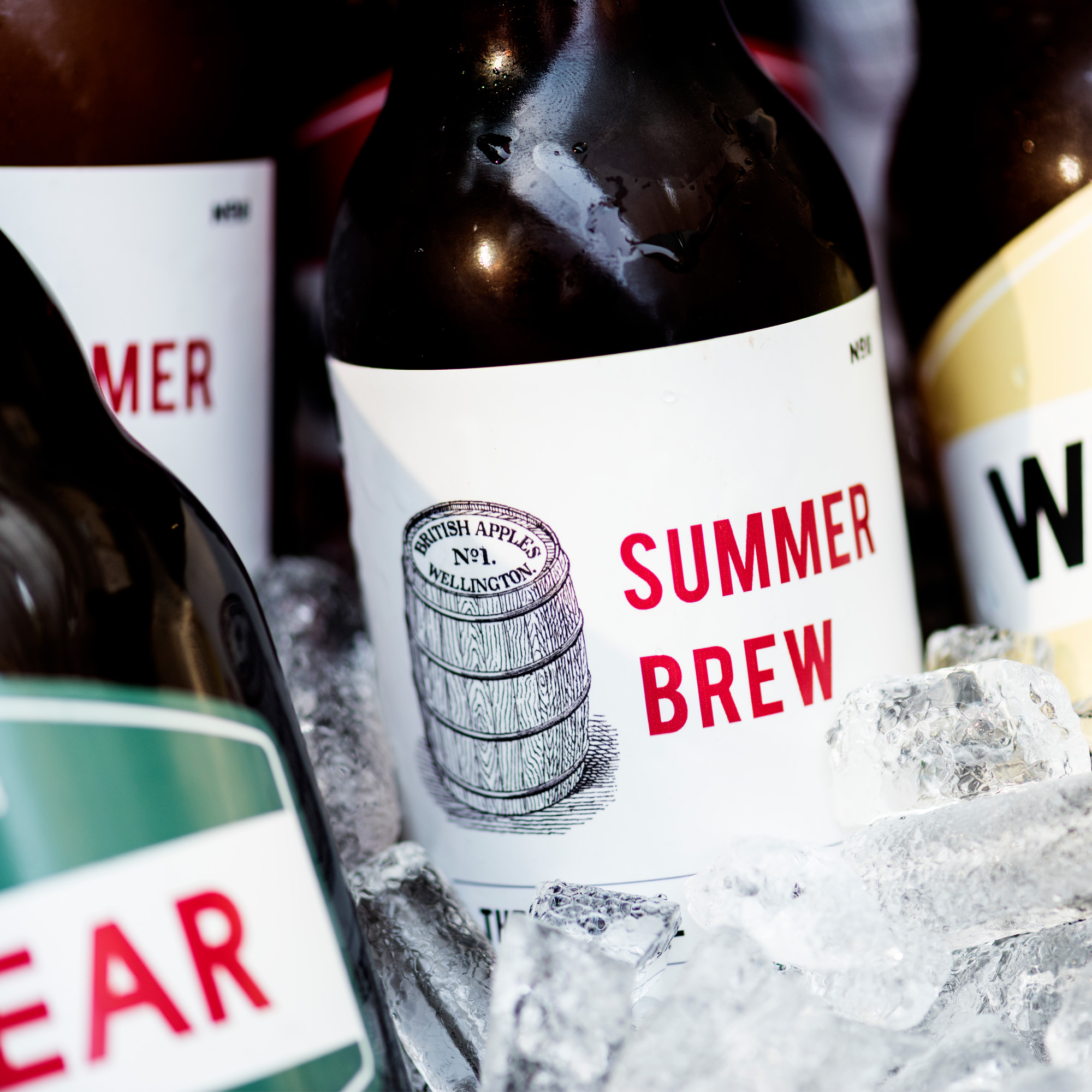Fairfield County Business Journal
BY ANDREW SCOTT ascott@westfairinc.com
Every product, whether in a box, bottle or bag, comes with some type of label. Without it a customer would not be able to identify what the product is and how it’s to be used. Enter Penmar Industries Inc., a 40-year-old Norwalk company that has prided itself in producing tags and label converters for clients such as Ford Motor Co., Stanadyne Automotive Corp., RC Bigelow Inc., Conair, Aetna Inc., Avon Products Inc., Ethan Allen and SBC Communications Inc. Its labels are used on pharmaceutical products, industrial, telecommunications and electronic equipment, and are used in hospitals and labs for identifying specimen, patient information, blood test and dental information.
Eight years ago the company instituted a “circle of quality” model in which each employee involved in an order would be responsible to review a seven-step process in order to assure quality from order entry to shipment. “We wanted to have the highest quality and the best product at fair market price. There’s always someone out there that can do what you can do, cheaper. But the question is whether or not the customer’s going to get the same quality and if the company is going to stand behind the product,” said J. Rick Cipot, operations and general manager who thought of the quality assurance process. Supplying tags and labels for products accounts for 40 percent of the company’s business, while providing pressure-sensitive tapes, packaging materials and supplies, custom forms and boxes accounts for the rest.
The company once intervened and solved a client’s problems when the adhesives the client manufactured and placed in bottles caused the ink and label on its packaging to fade quickly. “We tested different types of labeling and came up with a barrier-type label which blocked the interaction between the ingredient in the bottle and the label saving the customer significant cost of labor and shipping since they were buying labels from Europe,” Cipot said.
Cipot said that one time when a shipment was about to be sent out, “The shipping clerk said, ‘I think there’s something wrong with this order.’ The clerk was right. The order was rechecked, and the situation rectified”. “Anyone can make an error because no one is perfect. But I’d rather the job stopped dead in its tracks and taken a look at than shipping something wrong to the client.” Cipot backs up his commitment to quality by providing clients with his home and cell phone number.
The company’s commitment to quality starts with its president, Ed Rodriguez who joined the company in 1983 as vice president of operations. “I learned as much as I could about the company and product and got involved in sales to grow our operations.” Nine years later, when his boss decided to retire, Soegaard acquired the company. “Building relations with customers and partnering with our suppliers gave me the confidence and expertise I needed to be able to acquire the company.”
Those relationships mixed with the mentoring he received from his boss helps him to lead the company’s 16 employees. Soegaard is now focusing on upgrading the company’s equipment, a step he said needs to be taken to keep up with technology and competitors. “We deal with a lot of small to medium-sized business like ourselves, so we have to be very nimble and flexible in catering to our customer’s needs.” Soegaard said that he wants the company to exceed expectations with lead times and with emergency or rush orders. “Investing money in new equipment and updating our existing ones will make us more cost competitive as well.”
He believes that the infrastructure changes will help position the company to experience double-digit growth in five years. This year the company was named “Supplier of the Year” by Connecticut Minority Supplier Development Council and was recognized as a “Top Tag & Label Converters” company in package PRINTING magazine, a trade journal that covers the industry. It’s an industry that has been considering converting to Radio Frequency Identification (RFID) from traditional labels. These electronic tags or labels are placed on shipments so that they can be tracked from location to location. Soegaard said that although the company sells the labels for this type of tracking, it does not manufacture them. “I don’t believe the technology is going to replace the full content of identification labels.” The company has served 500 clients with the traditional labels. Tom Egan, director of marketing at the Packaging Machinery Manufacturers Institute, Arlington, Va., said, “I think the overall business is up a bit compared to where we’ve been since 2001 and projections are looking pretty strong for 2005.” Soegaard, whose background is in engineering, said that as in every business there are challenges. “I saw a challenge in packaging engineering and the potential for growth. Today’s customers are more demanding so you cannot sit still. You have to keep making changes to stay ahead of the competition”.
“Building relations with customers and partnering with our suppliers gave me the confidence and expertise I needed to be able to acquire the company. ”
– Ed Rodriguez,
President, Penmar Industries Inc.

